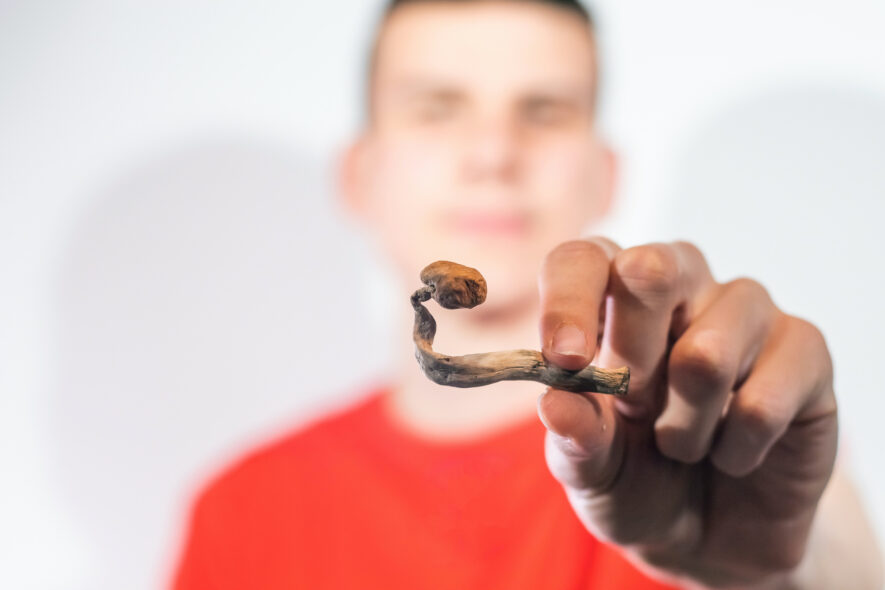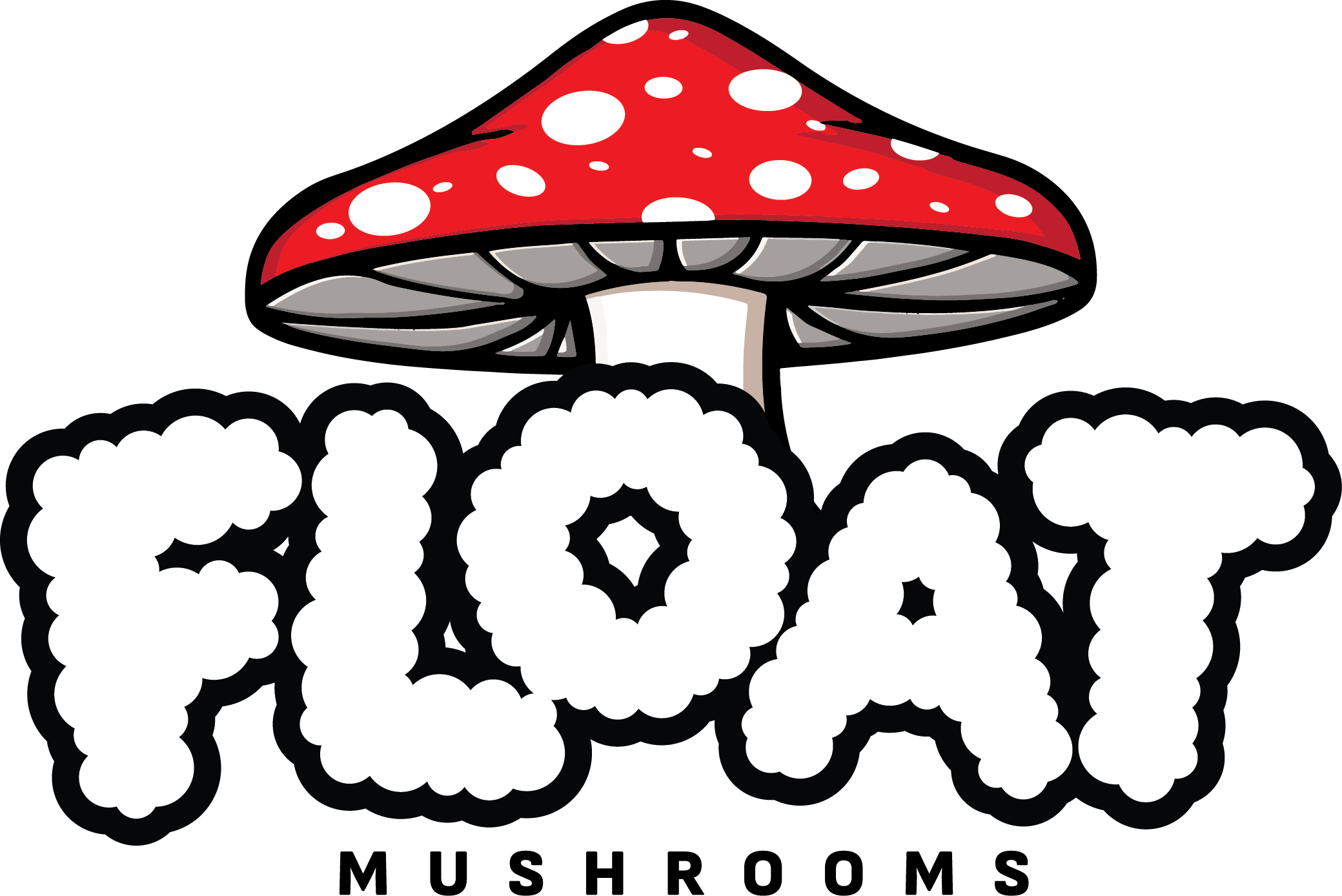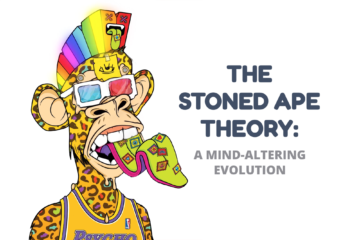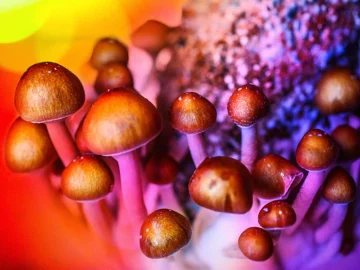
Psilocybin, the primary psychoactive compound found in “magic mushrooms,” is undergoing a remarkable transformation in its reputation. Once associated mainly with recreational use and counterculture movements of the past, psilocybin is now being recognized for its potential therapeutic benefits in treating various mental and behavioral health disorders.
Research conducted over the past two decades has revealed promising findings about the safety and efficacy of psilocybin when administered in controlled settings. Contrary to previous beliefs, there is growing scientific evidence supporting the idea that psilocybin holds significant therapeutic value in the field of mental health.
Studies have shown that psilocybin therapy can be beneficial in relieving symptoms of treatment-resistant depression, obsessive-compulsive disorder (OCD), and other mental health disorders. Additionally, psilocybin has demonstrated effectiveness in alleviating fear and anxiety in individuals with terminal cancer. These studies, often led by renowned institutions like Johns Hopkins Medicine, have contributed to our understanding of the therapeutic potential of psilocybin and its impact on mental well-being.
For example, a study conducted at Johns Hopkins Medicine found that combining psilocybin with talk therapy significantly improved symptoms of clinical depression. Notably, some participants reported experiencing the benefits of psilocybin therapy for up to a year after receiving just two doses of the compound.
The positive effects of psilocybin may extend beyond depression. Preliminary research suggests that psilocybin could also play a role in smoking cessation and the treatment of anorexia nervosa. Recent studies conducted by UK-based mental health care firm COMPASS Pathways have shown encouraging results in exploring the potential value of psilocybin in these areas.
But how does psilocybin help individuals with mental and behavioral health disorders? When administered under supported conditions, psilocybin can induce profound and self-described “spiritual” experiences, leading to positive changes in attitude, mood, and behavior. One notable aspect is the increase in a personality quality known as “openness,” which encompasses sensitivity, imagination, and an appreciation for the values and perspectives of others.
Researchers believe that the enhanced openness observed in individuals who have taken psilocybin may be linked to the compound’s ability to increase neuroplasticity—the brain’s capacity to form new connections. Various studies have suggested that psilocybin and other psychedelics can induce or promote neuroplasticity.
While more research is needed to understand the underlying mechanisms at the chemical level, it appears that psilocybin can enhance the brain’s adaptability, helping individuals break free from negative thought patterns and habits. This potential makes psilocybin an exciting prospect for addressing mental health issues such as depression, anxiety, OCD, and addiction.
However, it’s important to note that psilocybin should only be taken in controlled settings under the guidance of trained therapists and clinicians. Taking psilocybin outside of a controlled environment can carry risks and may lead to undesirable and harmful effects. It is also worth mentioning that psilocybin is currently illegal under both federal and state law.
The evolving research on psilocybin offers hope for a new era in mental health treatment. The therapeutic potential of this compound, when harnessed responsibly and in conjunction with professional guidance, could provide a groundbreaking alternative for individuals suffering from various mental and behavioral health disorders. As research continues to unfold, we look forward to further understanding and unlocking the healing power of psilocybin.
Please note that while the information provided is based on current knowledge and research, it is important to consult with healthcare professionals and abide by local laws and regulations.



